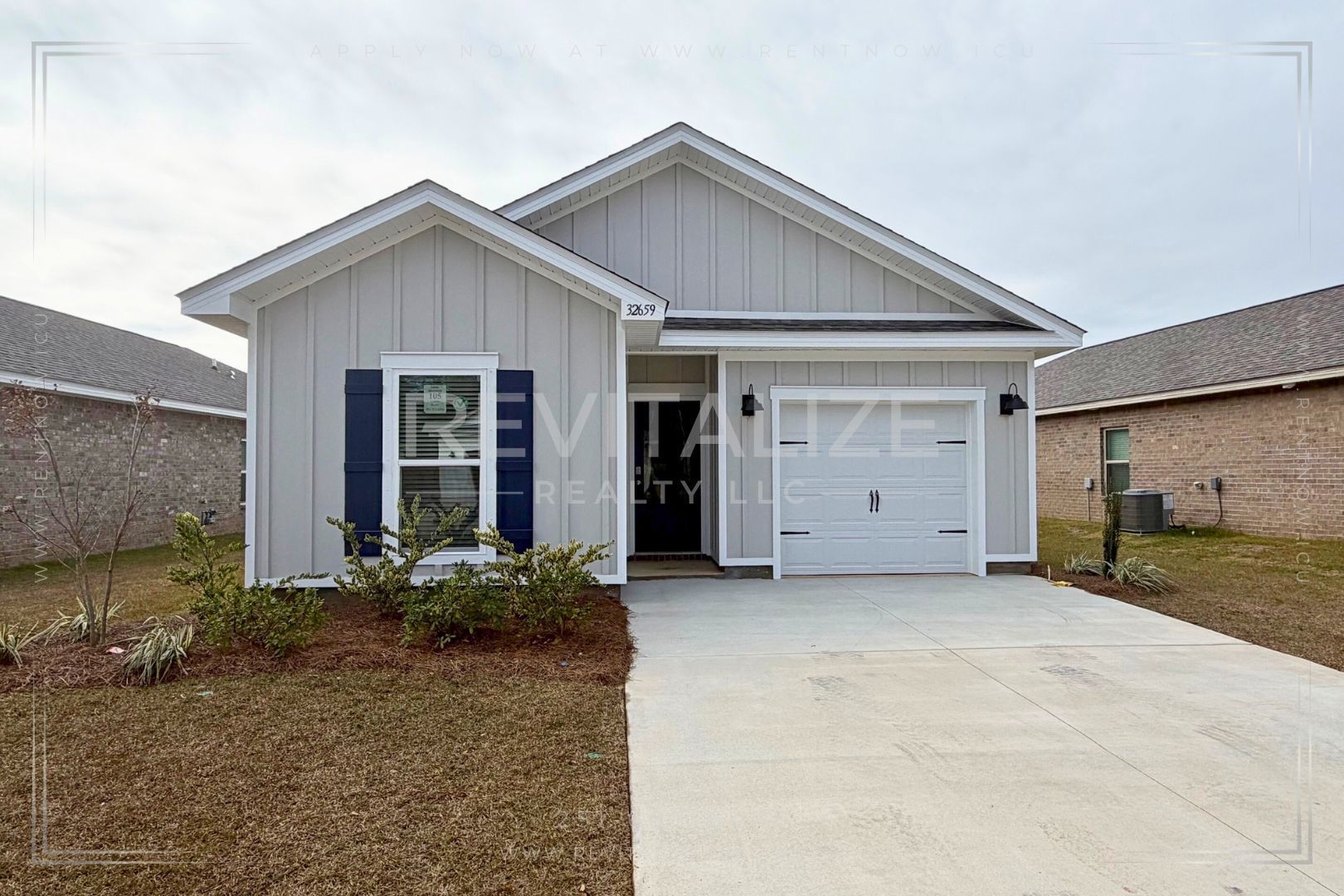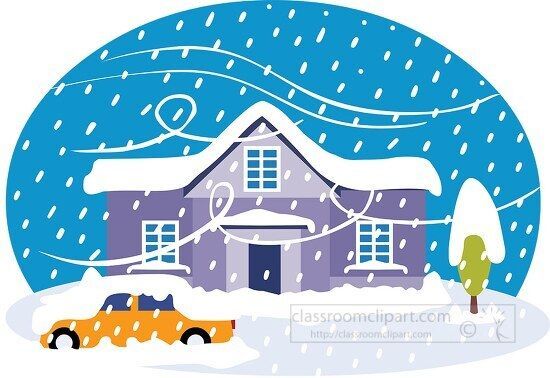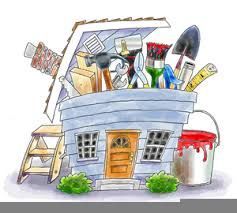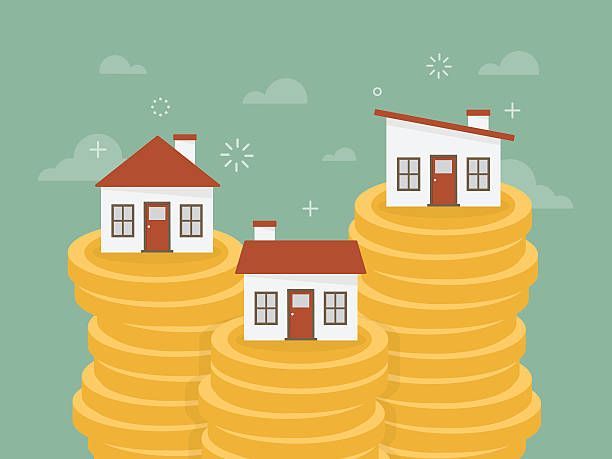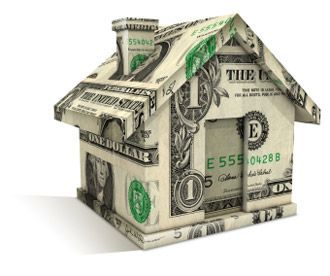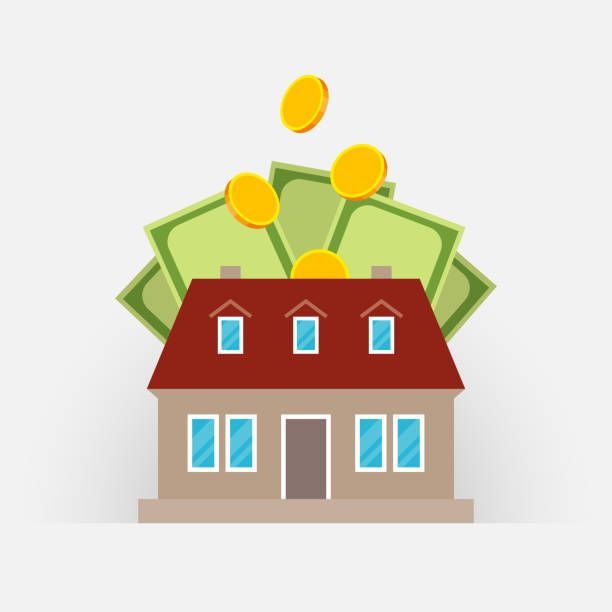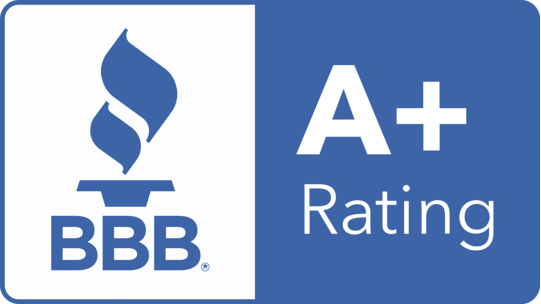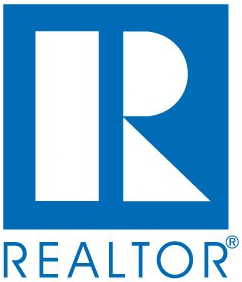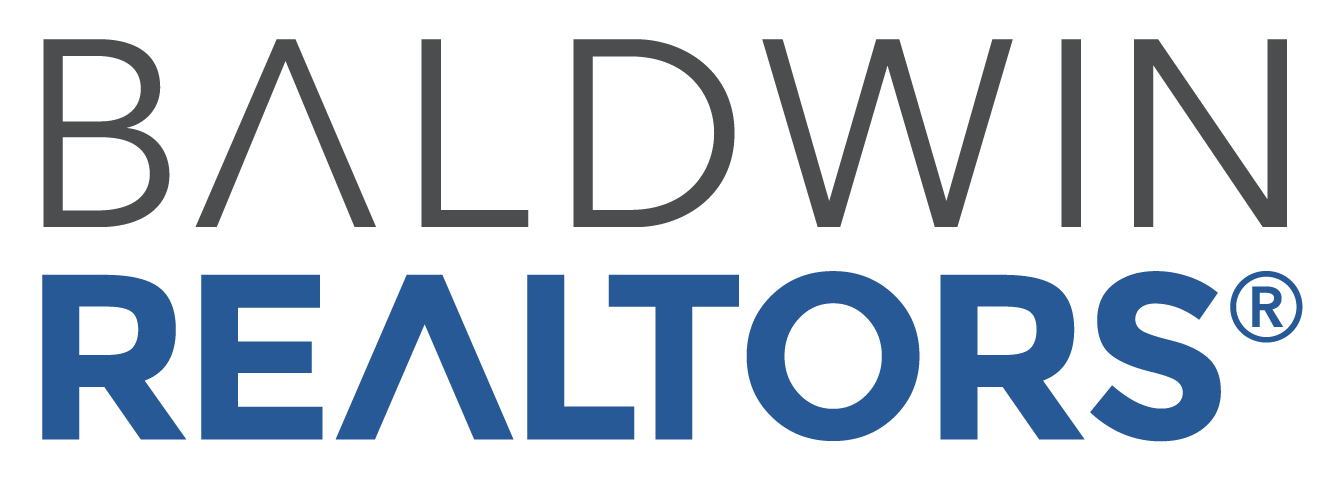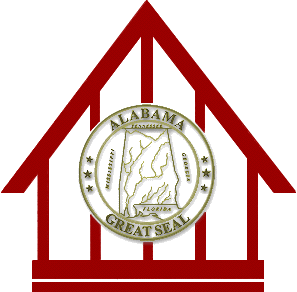The Importance of Regular Property Inspections
What to Look For and How to Document
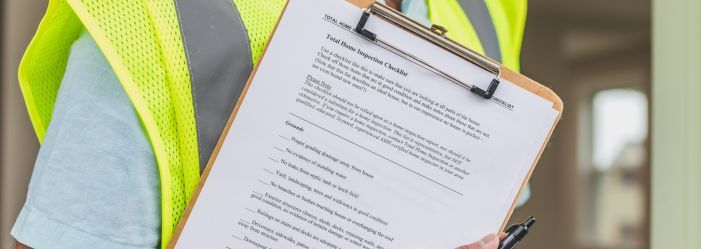
Investing in rental properties can be a lucrative endeavor, but it also comes with its fair share of responsibilities. One of the most crucial aspects of maintaining a rental property is conducting regular inspections. Not only do these inspections help in preserving the property's condition, but they also ensure the safety and satisfaction of your tenants. In this blog post, we will explore the importance of regular property inspections, what to look for during these inspections, and how to document your findings effectively.
Why Regular Property Inspections Matter
Preventative Maintenance: Regular inspections allow you to identify and address maintenance issues before they become major problems. Small issues, if left unattended, can lead to costly repairs down the line. For example, a minor leak can cause significant water damage and mold growth if not promptly fixed.
· Tenant Safety: Ensuring that your property is safe for tenants is not only a moral obligation but also a legal one. Regular inspections help in identifying potential hazards such as faulty electrical wiring, loose railings, or gas leaks, thereby preventing accidents and ensuring the well-being of your tenants.
· Lease Compliance: Inspections provide an opportunity to ensure that tenants are complying with the lease terms. This includes checking for unauthorized pets, additional occupants, or any alterations made to the property without permission. Ensuring compliance helps in maintaining the integrity of your property.
· Preserving Property Value: Regular upkeep and prompt repairs help in maintaining the property's value over time. A well-maintained property is more attractive to potential tenants, allowing you to charge competitive rental rates and reducing vacancy periods.
What to Look For During Property Inspections
Conducting a thorough inspection involves examining both the interior and exterior of the property. Here’s a checklist to guide you:
Exterior Inspection
· Roof: Check for missing or damaged shingles, signs of leaks, and overall condition.
· Gutters and Downspouts: Ensure they are clear of debris and properly directing water away from the property.
· Foundation: Look for cracks or signs of settling that could indicate structural issues.
· Landscaping: Ensure that trees, shrubs, and grass are well-maintained and not causing damage to the property.
Interior Inspection
· Walls and Ceilings: Look for cracks, water stains, and mold growth.
· Plumbing: Check for leaks, water pressure issues, and signs of water damage under sinks and around toilets.
· Electrical Systems: Test all outlets, switches, and ensure that electrical panels are in good condition.
· HVAC Systems: Ensure heating and cooling systems are functioning properly and filters are clean.
· Smoke and Carbon Monoxide Detectors: Test all detectors to ensure they are working and replace batteries if needed.
· Appliances: Check the condition and functionality of all appliances provided by you, including refrigerators, stoves, and dishwashers.
How to Document Your Findings
Effective documentation is key to managing property inspections. Here’s how to do it:
· Use a Checklist: A standardized checklist ensures that you cover all necessary areas during each inspection. This consistency helps in tracking recurring issues and ensures nothing is overlooked.
· Take Photos and Videos: Visual documentation provides a clear record of the property's condition at the time of inspection. This can be invaluable in resolving disputes with tenants and proving the state of the property for insurance purposes.
· Detailed Notes: Write detailed notes about any issues found, including their location, severity, and any immediate actions taken. Also, note any conversations with tenants regarding the issues.
· Digital Records: Utilize property management software or apps to store and organize inspection reports. Digital records are easy to access, share, and analyze for future reference.
Regular property inspections are a cornerstone of effective property management. By staying proactive and thorough in your inspections, you can ensure the longevity of your investment, the safety and satisfaction of your tenants, and ultimately, the success of your rental property business.

